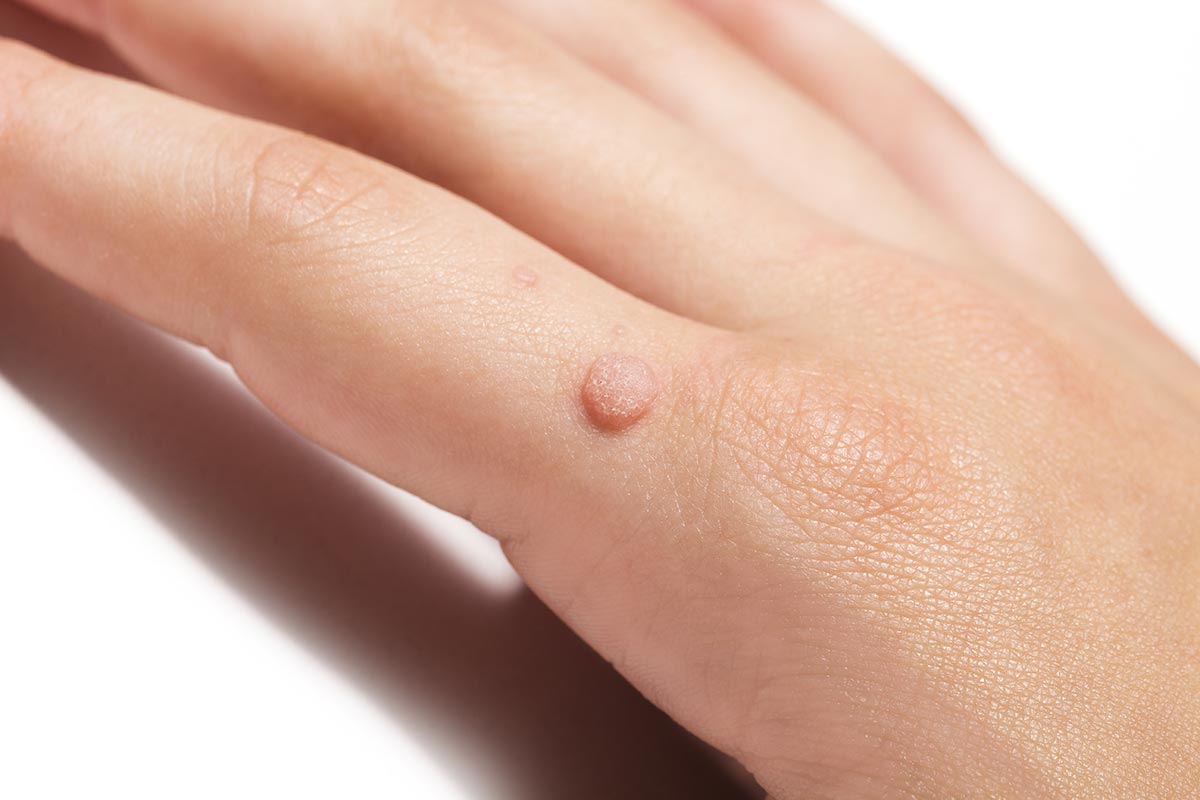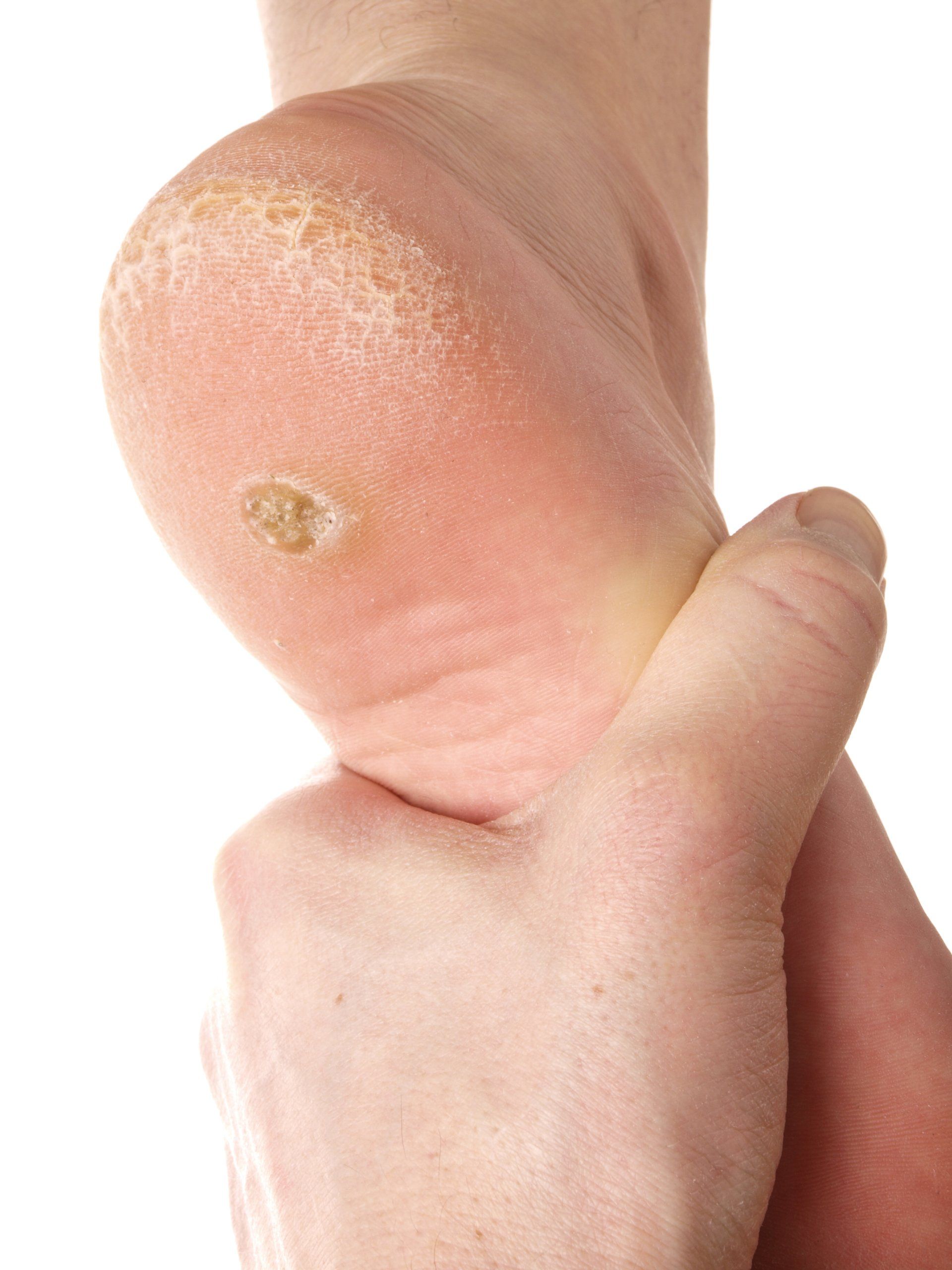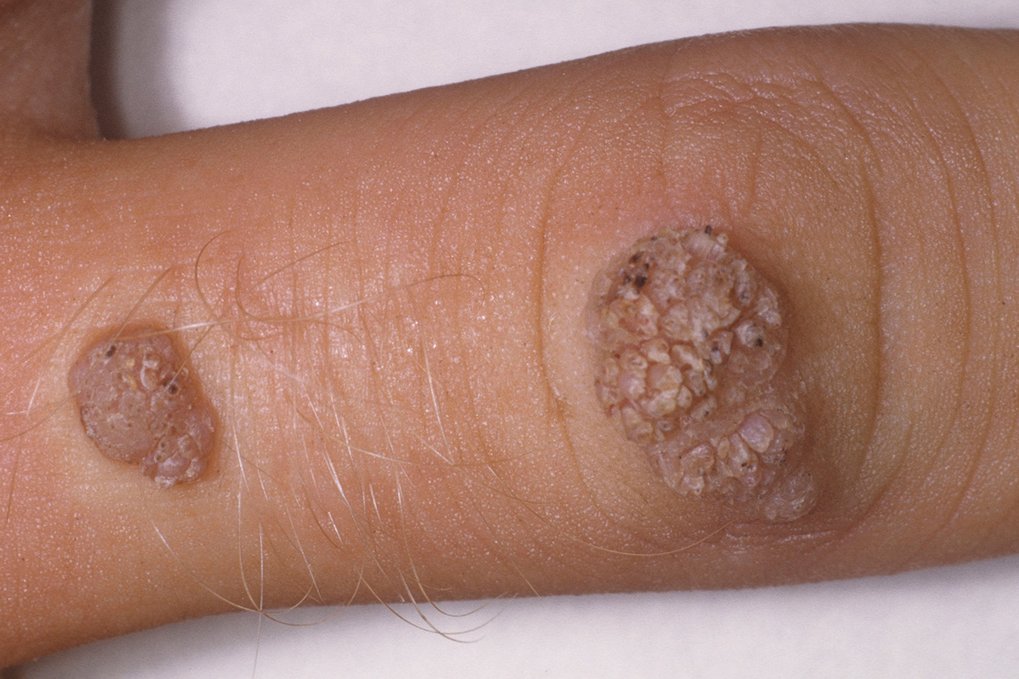El Verruca: Understanding The Impact Of Warts And Their Treatments
El Verruca refers to a common skin condition caused by the human papillomavirus (HPV), manifesting as warts on various parts of the body. These growths can be unsightly and sometimes painful, prompting many individuals to seek effective treatments. This article aims to provide a comprehensive overview of el verruca, including its causes, symptoms, available treatments, and prevention methods.
Warts, or verrucas, are benign tumors that appear when the virus infects the top layer of skin. They are highly contagious and can be transmitted through direct contact with an infected person or surface. Understanding the nature of this condition is essential for effective management and prevention.
In this article, we will delve into the different types of warts, their characteristics, and the various treatment options available. Whether you are dealing with a wart yourself or seeking to educate others about el verruca, this guide will provide valuable insights and information.
- Adrienne Barbeau A Journey Through The Life And Career Of A Hollywood Icon
- Arielle Kebbel The Multifaceted Actress And Model
Table of Contents
- What is El Verruca?
- Types of Warts
- Causes and Symptoms
- Diagnosis and When to See a Doctor
- Treatment Options for El Verruca
- Home Remedies for Warts
- Prevention of El Verruca
- Conclusion
What is El Verruca?
El verruca, commonly known as warts, is a skin growth caused by the human papillomavirus (HPV). Warts can occur on any part of the body and are characterized by their rough, elevated surfaces. While they are generally harmless, their appearance can cause embarrassment and discomfort for many individuals.
Types of Warts
Common Types of Warts
There are several types of warts, each with distinct characteristics. The most common types include:
- Common Warts: Typically found on hands and fingers, they have a rough texture.
- Plantar Warts: Occur on the soles of the feet and can be painful due to pressure.
- Flat Warts: Small, smooth, and often found in clusters on the face or legs.
- Filiform Warts: Thin and thread-like, commonly appearing on the face and neck.
Rare Types of Warts
Some warts are less common and may require specialized treatment:
- Understanding Iq Donald Trumps Intelligence Quotient
- Exploring The Life And Career Of Matthias Schoenaerts
- Genital Warts: Caused by specific strains of HPV, these warts appear in the genital area.
- Periungual Warts: Located around the nails, these can be painful and may affect nail growth.
Causes and Symptoms
El verruca is caused by the HPV virus, which enters the body through cuts or breaks in the skin. The virus stimulates rapid skin cell growth, resulting in the formation of warts. While the exact reason why some people develop warts and others do not is unclear, several factors can increase the risk:
- Weakened immune system
- Direct contact with warts (from oneself or others)
- Walking barefoot in communal areas (e.g., pools, locker rooms)
Symptoms of el verruca may vary based on the type of wart. Common signs include:
- Rough, raised bumps on the skin
- Discomfort or pain, especially in plantar warts
- Changes in skin texture or color
Diagnosis and When to See a Doctor
Diagnosing el verruca is usually straightforward. A healthcare provider can often identify warts based on their appearance. In some cases, a biopsy may be performed to rule out other skin conditions.
You should consider consulting a doctor if:
- The wart is painful, bleeding, or changing in appearance.
- You have many warts or warts that do not respond to home treatments.
- You are unsure whether a growth is a wart or another skin condition.
Treatment Options for El Verruca
While many warts can resolve on their own, various treatment options are available for those seeking to remove them. Some common treatments include:
- Cryotherapy: Freezing the wart with liquid nitrogen.
- Salicylic Acid: Applying a topical treatment that gradually removes the wart.
- Laser Treatment: Using targeted laser therapy to destroy wart tissue.
- Minor Surgery: A healthcare provider may surgically remove the wart.
Home Remedies for Warts
For those who prefer natural remedies, several home treatments may help eliminate el verruca:
- Apple Cider Vinegar: Soaking a cotton ball in apple cider vinegar and applying it to the wart may help.
- Garlic: Applying crushed garlic to the wart can have antiviral properties.
- Tea Tree Oil: Known for its antiseptic properties, tea tree oil can be applied directly to the wart.
Prevention of El Verruca
Preventing el verruca involves minimizing exposure to HPV. Here are some effective prevention strategies:
- Avoid direct contact with warts.
- Wear flip-flops in public showers and pool areas.
- Maintain good hygiene and keep skin clean and dry.
- Boost your immune system with a healthy diet and regular exercise.
Conclusion
El verruca, while not a serious health threat, can significantly impact an individual's quality of life due to its appearance and discomfort. Understanding the types, causes, symptoms, and treatment options available is essential for effective management. If you or someone you know is dealing with warts, consider consulting a healthcare professional for tailored advice and treatment. Remember, taking proactive steps can minimize the risk of developing warts in the future.
We invite you to leave your comments, share this article, or explore more on our website for additional information related to skin health.
- Danny Amendola The Journey Of A Dedicated Nfl Star
- Is Selena Gomez Pregnant Unraveling The Speculations

Laser Wart/ Verruca Removal Skinfluencer London

Womens Health Physio Cleeve Cheltenham

Wart Removal Service London Tower Bridge